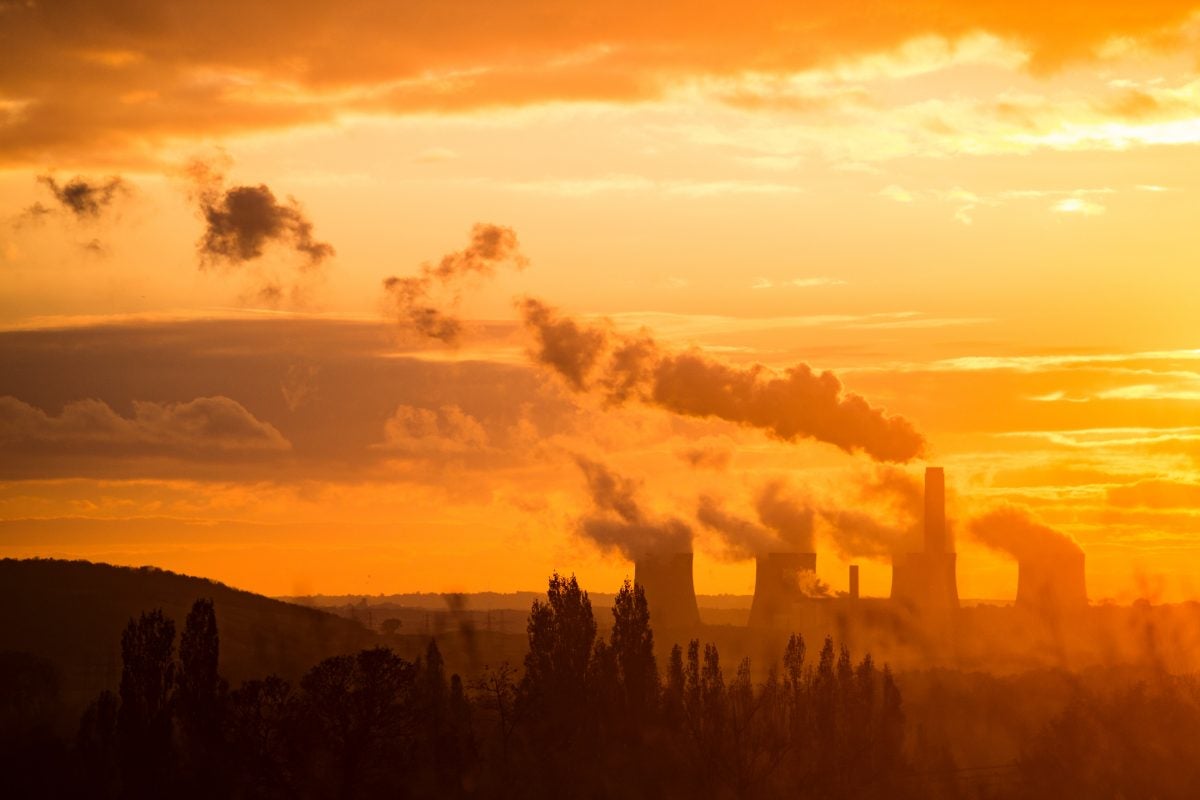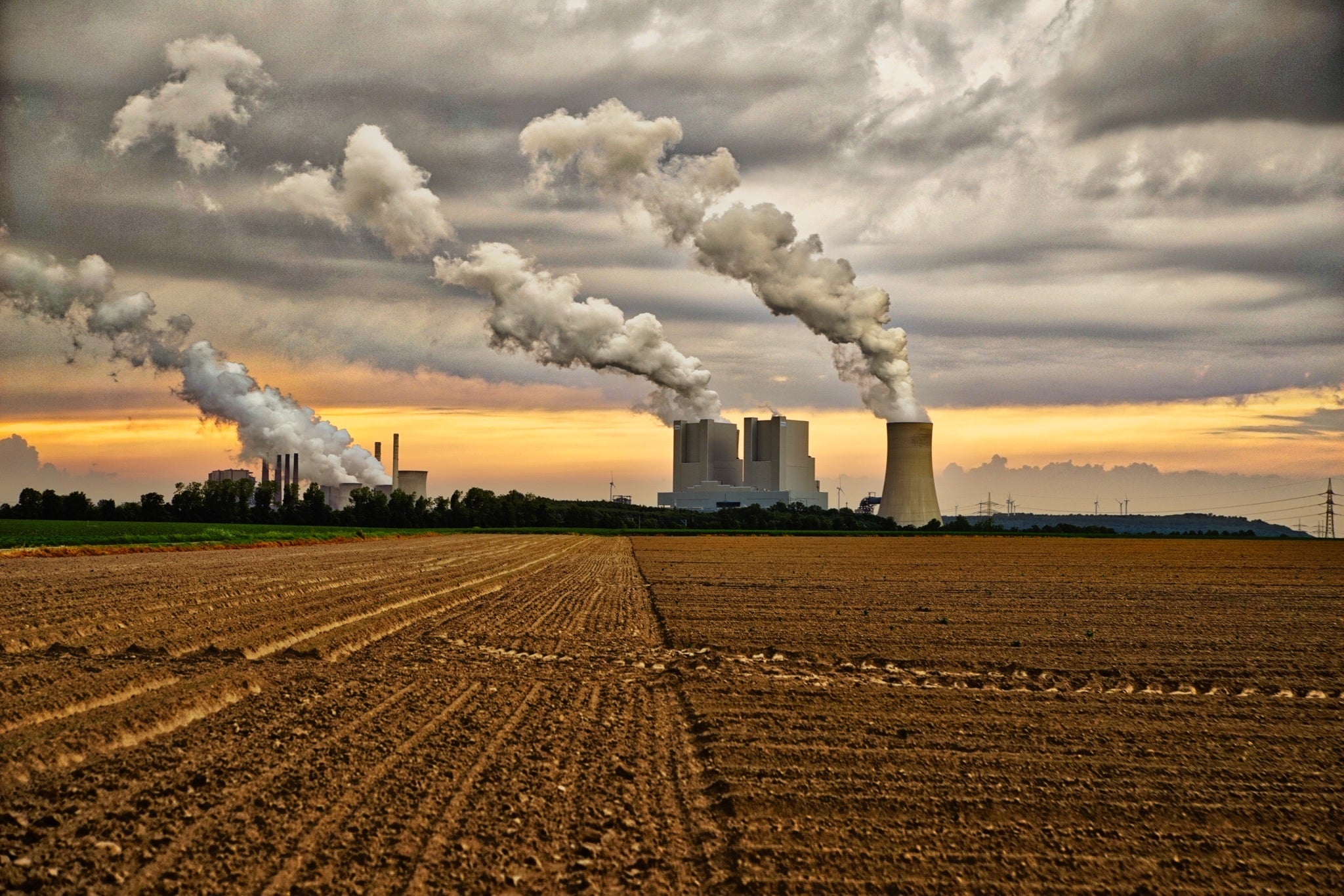Photo by: Pixabay user SD Pictures
Policies to reduce our dependence on fossil fuels can save lives and prevent disease.
Air pollution from burning fossil fuels can have major effects on human health. It can cause early death, heart attacks, hospitalizations for respiratory disorders, stroke, asthma attacks, and absenteeism from school and work. Climate change policies from the federal government, state, city, and local levels can make a big difference in reducing air pollution and improving health.
Each year, our team contributes to the Lancet Countdown on Health and Climate Change to track the impacts of climate change on human health across 44 indicators around the world. Our research analyzing climate policies is focused on:
- Exploring how different transportation policies could influence health through better air quality and increases in physical activity.
- The energy, economic, environmental, and health outcomes of an illustrative clean energy standard design that reaches 80% clean electricity by 2030.
- Where to install renewable energy to get the greatest climate and health benefits in the U.S. and around the world.
Study: Regional transportation pact could save more than 1,000 lives
A regional initiative among 12 Northeast and Mid-Atlantic states aimed at reducing carbon emissions from transportation could help avoid about 1,100 deaths and nearly 5,000 asthma cases each year, and could save more than $11 billion in health costs, according to a new analysis.

Solutions for preventing the next pandemic
The cost of preventing the next pandemic is 2% of the cost we’re paying for COVID-19.

Carbon Standards Re-Examined
Our researchers collaborated with other institutions on a working paper on what EPA’s finalized ACE Rule means for public health. The analysis calls into question the assumptions and predictions used in EPA’s cost-benefit analysis.
Viewpoint: Encouraging health professionals’ civic engagement to address health impact of climate crisis
Health professionals who want to address the effects of the climate crisis on the health of people and the planet should become more civically engaged.
Public health leaders call for withdrawal of controversial EPA proposal
Letters signed by 60 public health school deans and program directors, including Harvard T.H. Chan School of Public Health Dean Michelle Williams were sent on November 26, 2019 to President Donald Trump and Environmental Protection Agency (EPA) Administrator Andrew Wheeler expressing strong opposition to an administration proposal that would restrict the EPA from using certain…

2019 Lancet Countdown on Health and Climate Change: Policy Brief for the U.S.
Every child born today will be affected by climate change. How we respond will shape the health of children across the globe.

Where to install renewable energy to get the greatest climate and health benefits in the U.S.
A guide for state and national policymakers designing climate plans and for utility and investor decisions.

TRECH Project Research Update on Health Benefits of TCI Policy Scenarios
Exploring how different transportation policies could influence health through better air quality and increases in physical activity.

Many More People Live Closer To Underground Gas Storage Wells Than Previously Thought
An estimated 20,000 homes and 53,000 people in predominantly suburban areas of PA, OH, WV, MI, NY, and CA live within a city block of active underground natural gas storage wells.

Health Co-Benefits of Carbon Standards for Existing Power Plants
Analyzing the clean air and health benefits of power plant carbon standards in the U.S.
